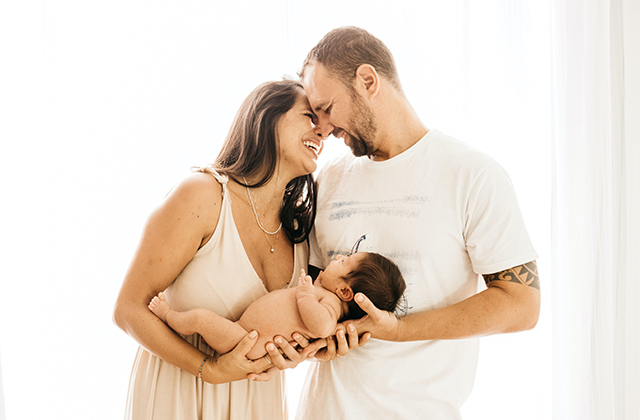Pregnancy is a strange time. You have to keep track of so many different things at once: your weight, your blood pressure, your calcium levels. And you have to do it while also trying to avoid making the wrong decisions about the food you eat and the supplements you take. Check with your Doctor is the only way you can find answers on how to get pregnant.
We can’t tell you what to do. But we have a few tips that could help you to make the right choices. Here are some things we’ve learned from a variety of places: Every woman is different, and there isn’t a single best way to prepare for pregnancy. Every woman has different concerns, from whether her child will be healthy to how much discomfort she can take in order to get pregnant, and no two situations are exactly alike. So these suggestions should not be taken as hard-and-fast rules. But hopefully they will give you some useful starting points.
Here are the top rated prenatal vitamins.
- PureHealth Prenatal Vitamins
- Thorne Research Prenatal Vitamin
- Rainbow Light Prenatal Multivitamin for Women
- NutriSource Prenatal Formula
- Oh Yeah! Prenatal Multi-Vitamin, Mineral & Fish Oil Supplement for Women, One a Day Half Batch Sugar Free, 30 Sugar Free Capsules
The best prenatal vitamins are the ones that are the most complete. They are also the ones that are most expensive, because they contain more of everything.
For example, the most complete prenatal vitamins – which are also the most expensive – contain not just folic acid, but also iron and other minerals. The cheap ones contain only folic acid, no iron, no other minerals. The cheap prenatal vitamins include folic acid but not all the other essential nutrients.
Suppose you have a choice between a multivitamin with 1 mg of folic acid and one with 1 mg of iron; maybe one has 100 percent of the recommended daily allowance for folic acid and no iron, and maybe the other has 50 percent of the recommended daily allowance for folic acid and 100 percent of the recommended daily allowance for iron. Which is better? Well, both are better than nothing at all. But it’s pretty clear which one is better.
Many of the prenatal vitamins are perfectly safe. There are no reports of them causing birth defects or causing any other harm that would be expected to be caused by the doses they contain.
But that doesn’t mean they are useful for most people. Prenatal vitamins are not something you need if you don’t have a specific health problem, but only if you think you might have one. If you want to know whether you might have one, you should consult your doctor.
The most common criticism of prenatal vitamins is that they contain no nutrients. But what they do contain is a mix of vitamins and minerals that’s missing from the foods we eat.
For the first few weeks of pregnancy, most women get enough calories and protein from food alone; they need supplements only for the last few months. That doesn’t mean you don’t need to take a multivitamin: it just means you don’t need one that’s designed to boost your daily intake of each nutrient separately. Click here to boost your prenatal vitamins.

